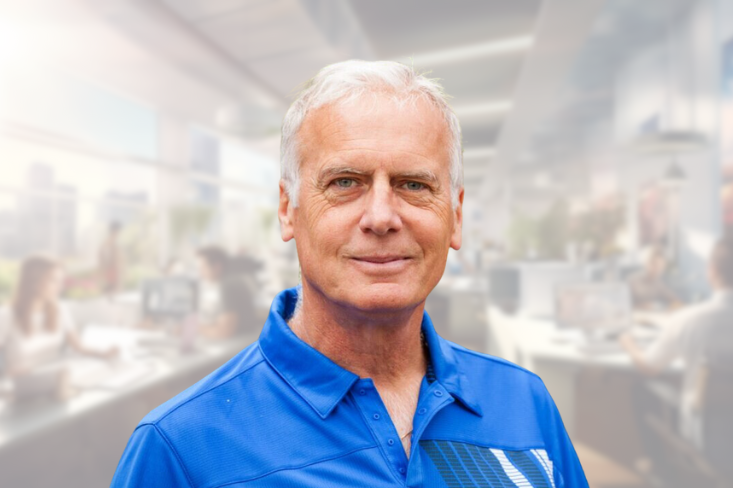
About David
David is a recognised expert in employee well-being, caring and mindful approaches to experiences, work, and everyday engagement. A highly regarded author, his work on employee well-being and connection has highlighted the essential role of psychological safety. David helps leaders and organizations create environments where employees feel safe to voice their opinions.
Why do you believe psychological safety is important?
It’s more than important, it is vital. An organisation without psychological safety is like a body with a clogged artery – its life is in jeopardy.
IDENTIFY ISSUES
You will only really find out what’s going on inside the company if you have a culture that encourages open, two-way communications where employees feel safe to speak out and managers aren’t afraid to listen up.
MITIGATE RISKS
The liklehood and impact of risks are amplified if people, through peer-pressure, time-pressure, or a fear of failure, hide known risks. Paradoxically, this often leads to distrust, inefficiency and failure.
EXTINGUISH FEARS
The only way to overcome fear is to experience it in a safe environment. If you have a fear of the dark, sit in a dark room then turn on the lights – the mental images of ghosts, ghouls and bogey men dissapear.
APPLY LEARNINGS
The “fail fast, learn faster” mindset can only be applied when there is no negative consequences when people make mistakes. the alternative is people learn to hide mistakes and cover their backsides
Which organisational layer and enabler are most important to psychological safety?
I believe that the employee plays the most significant role in psychological safety. If evryone cares as individuals about the psychological safety of themselves and others, we all become safer. Just as in Health and Safety at Work Act, the employee has a legal responsibility to take reasonable care for the health and safety of their self and of other persons who may be affected by their acts or omissions at work. Imagine if there was a Psychological Safety at Work Act!
I believe empathy is the most important enabler. As much as employees need to feel comfortable in their own skin, they need to take some time outside of their own skin so that others person know they genuinely and robustly care about them and understand their perspectives. If you Wannabe empathic, you need to have the courage to invite different perspectives, suspend your own agenda and not be defensive. If you Wannabe empathic, you need to take a lesson from theThe Spice Girls song of the same title : “I’ll tell you what I want What I really, really want. So tell me what you want, What you really, really want..”

Empathy

What do you think are the biggest challenges in creating psychological safety?
I think the lack of education and understanding amongst leaders of what Psychological Safety really is holds it back. The average leader associates the terms with HR jargon – the soft fluffy stuff that doesn’t lead to predictable or empirical evidence of results. But the soft stuff is the hard stuff in business, and it takes time. It considers the careful balance between building relationships and delivering results. That is not condusive to Just Do It! cultures that demand short-term, predictable results.
Leaders are also human and have their own vulnerabilities and fears. they need to feel comfortable with setting of on an unpredictable journey and take a leap of faith, not make decisions soley based on empirical evidence. That requires an element of courage and a different mindset.
If I was a CEO, on my appointment I’d think I’ve already lost my job, and think “what the hell – I’ll do what I do best and do the right thing rather than think “how do i hang on” and compromise to be seen to be doing what others perceive as the right.
